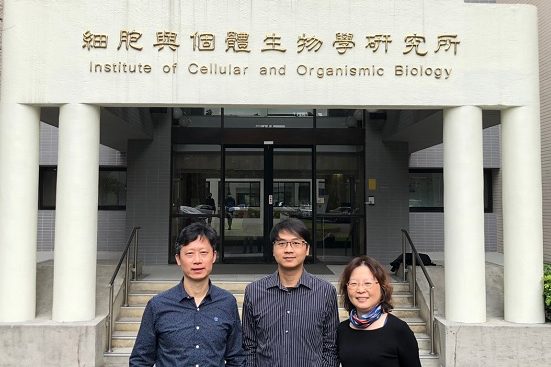Dr. Cheng-Fu Kao at the Institute of Cellular and Organismic Biology, Academia Sinica, and Dr. Yi-Chen Lo at the Institute of Food Science and Technology, National Taiwan University discovered that a well-known methylation mark on lysine 4 of histone H3 (H3K4me) has a previously unidentified function of protecting the genome from mutagenesis induced by transcription-replication conflicts (TRCs) during replication stress.
This finding not only unravels the long-standing mystery of H3K4me function, but it also provides an explanation for the cancer susceptibility of human cells that lack the ability to deposit H3K4me. The research was published in Nature Communications (10th Feb, 2020).
The link to ICOB post URL: http://icob.sinica.edu.tw/article.php?id=655

